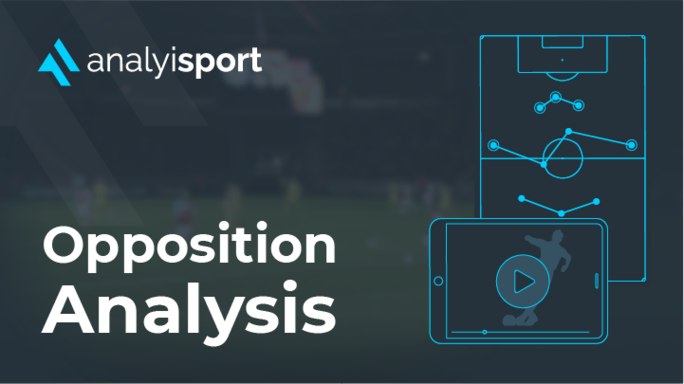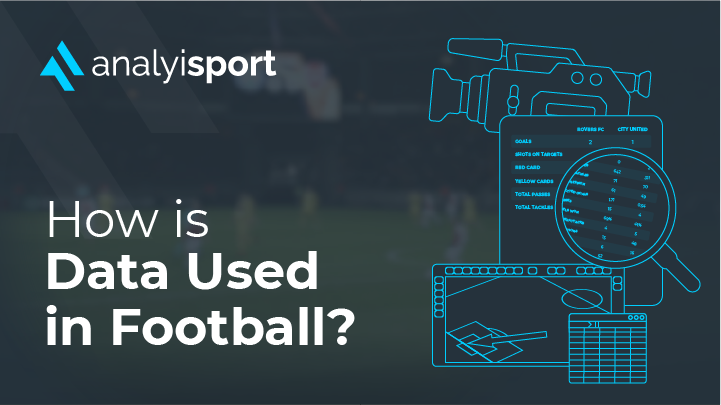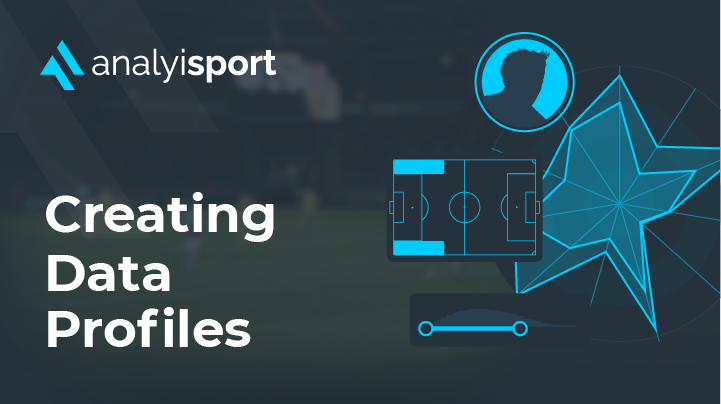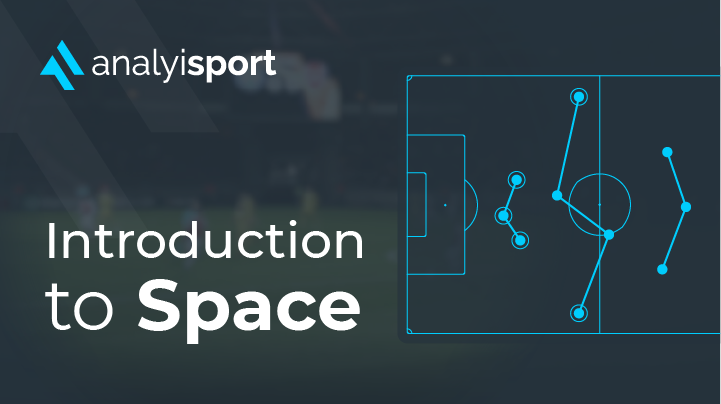How Data Is Transforming the Way Football Clubs Recruit Non-Playing Staff
How Data Is Transforming the Way Football Clubs Recruit Non-Playing Staff
It’s become well-known that football clubs across the world are now using data in player recruitment, using a range of advanced metrics to analyse potential signings and make smarter decisions about who to buy. But as well as changing the way that players are signed, data is also changing non-playing roles in football.
As with signing players, clubs will now often look at data when hiring a new manager. One of the first to do this were Liverpool. Ian Graham, the club’s Director of Research, has spoken about how he and his team looked in detail at Dortmund’s performance data to help the Premier League club’s owners to decide whether Jürgen Klopp would be a suitable replacement for Brendon Rodgers.
Klopp struggled in his last season at Dortmund and his reputation had suffered. The media had blamed the manager for the team’s poor form. However, data told Liverpool a different story. “Our analysis showed something quite different. Which was that they were still clearly the second-best team in Germany. But the performances did not match the results,” Graham explained. The club trusted the data and Klopp has gone on to win both the Premier League and the Champions League with Liverpool
But it’s not just recruitment decisions that are being transformed. Data has created new non-playing roles and opportunities to work in the game for people with no previous experience working in professional football. Football clubs are now recruiting a new type of staff for roles that didn’t previously exist.
How Data Has Created New Jobs in Football
For football clubs to use data successfully, they need experts who understand how data works and can interpret the thousands of data points collected every match. It is sophisticated work that takes a lot of time, time that coaches and managers don’t have.
This has led to clubs hiring analysts who know how to order the data, identify the key points, and explain in clear terms what the data shows about the player or the team’s performance.
Some of these analysts are performance analysts who focus on improving the team’s performances through analysing what the players are doing well or badly and looking at how they can prepare for future opponents. Other analysts work as recruitment analysts, using data to help the club’s recruitment department analyse potential signings. They can identify new players for the scouts to watch or take a closer look at players identified by the scouts.
Another type of football job that is growing due to data is the specialist. The vast amount of data available has allowed some coaches and scouts to look more closely than was previously possible at particular areas of the game. Their specialism allows them to develop new insights and help teams gain an edge over their opponents.
In coaching, this specialism has led to the growth of new roles such as set-piece analysts and substitution analysts. Coaches such as Thomas Grønnemark, who specialises in throw-ins, and Gianni Vio, who specialises in creating free-kick and corner routes, have helped some of the biggest clubs in the world, including Liverpool and Tottenham Hotspur, to improve their set-pieces. Similarly, Sammy Lender has studied substitutions in great detail and applied his knowledge in an off-the-pitch role at AFC Wimbledon, helping the club to increase the impact that substitutes had when they came on, leading to more goals from substitutes.
In scouting, data analysis has led to clubs such as Brighton and Norwich hiring scouts who focus on specific positions. Scouting has traditionally focused on regions, with clubs hiring scouts to look for players in the North East of England, or in Norway, for example. This approach has been effective because scouts needed to attend games in order to assess players. Now that it’s possible to assess players from an office, using data and video analysis, it’s possible instead for scouts to focus on finding players for a particular position. This allows positional scouts to become experts in the available players in that role and the skills and attributes that the club requires in a central defender or a forward.
How Football Clubs Are Recruiting Staff From Outside Football
Before the data revolution, the non-playing staff at a football club would generally be made up of ex-players. The coaching team would be former professionals who shared their experience and knowledge with the players. The scouting team would use their football instincts to judge whether a potential signing looked like he would be a good fit for the team.
That is changing. The new analyst and data jobs are much more open to people from outside the sport. Clubs are now recruiting staff from a wide variety of backgrounds.
The skills needed to be a good analyst don’t require any previous experience playing football at a professional level. Instead, what counts is the ability to understand what the data shows and be able to make it understandable to other people in the organisation. These are skills that can be learned and demonstrated outside football, whether in another industry or online.
Some clubs are even actively encouraging applicants from outside football. In 2022, when looking for a new data engineer, Aston Villa’s Lead Data Scientist and Engineer, Arjav Trivedi, posted the job advert on LinkedIn. In his post, he stated, “No previous experience of working in football is required, and we really encourage applicants from traditionally underrepresented backgrounds in both sports and technology to apply.”
How Football Clubs Are Hiring Data People From Other Industries
Hiring people who have worked in data in other industries allows football clubs to bring in a fresh perspective. These are people who have worked with advanced data and know how to develop useful insights that can make a difference in the work of the organisation.
As we’ve seen, Aston Villa are one club that aim to actively recruit in this way. For example, Joseph Bucknall, who has worked at the Premier League club as First Team Recruitment Data Analyst since 2020, previously worked outside the game as a project manager before joining the club. Even Trivedi, who did previously work at Arsenal, has an academic background in Physics rather than in performance analysis.
Another club who have recently hired a data expert from outside football is Manchester United. Their Director of Data Science, Dominic Jordan comes with a wealth of data experience, but not it in football. When he was appointed in 2022, he was working at N Brown Group, an online clothing, footwear and homewares retailer.
“I have seen first-hand how data used in the right way can transform organisations of all kinds,” explained Jordan on joining the club. “So, to get the opportunity to do exactly that for the football club I love – well, it was a no-brainer.”
How Football Clubs Use the Internet to Hire Data Analysts
Another way in which analysts are gaining the attention of clubs is through social media and blogs. There is a thriving online community of analysts who share their insights online, whether it’s tips on how to get into the industry or an insight into why a club is performing so well in the league.
With detailed data available online, either through subscriptions to platforms such as Wyscout, or free data from sites such as FBref, it’s become easier for analysts to build up an impressive portfolio of work without the need to be working for a club. Instead, they can focus on the team they support, or their favourite competition, sharing their insights with fellow fans and other analysts using blogs and social media posts. Clubs have been known to approach analysts after being impressed by their online work.
Data is transforming companies all over the world and football is no different. It’s having as big an impact off the pitch as it’s having on it. New jobs have been created and new kinds of people are entering the industry. There is now much more opportunity for people with the right skills to be recruited by football clubs.
Related Courses:

- Level 1
- Module
Level 1: Opposition Analysis in Football
£25.00
Share this article
Our Learning Pathways
AnalyiSport is for everyone who is passionate about analysis in football. Where are you in your development journey?
Become a Football Scout
As more clubs than ever look to build data into their recruitment process, an understanding of recruitment analysis is your ticket to success in the game.
Related Articles
Our team provides news and insights from the cutting edge of football analysis.






